FOR IMMEDIATE RELEASE
Monday, February 1, 2020
Contact: Devon Downeysmith
Communications Director
devon@healthjusticerecovery.org
Groundbreaking drug decriminalization law goes into effect today
Measure 110 expected to nearly eliminate racial disparities in drug arrests
Starting today, people will no longer be arrested and jailed for possession of small amounts of drugs, thanks to Oregonians who voted overwhelmingly for ballot Measure 110. Oregon is the first state in the U.S. to decriminalize simple possession of all drugs.
“Treating drug use like a crime has created suffering that spans generations. We have lost too many loved ones because they didn’t have access to the health services they desperately needed,” said Tera Hurst, Executive Director of the new Health Justice Recovery Alliance, a statewide advocacy coalition of more than 70 organizations.
Instead of arrests and jail time, people who are in possession of small amounts of illicit drugs will receive a $100 fine, which can be waived if they call the new 24/7 hotline and receive a social services needs assessment. During this assessment, people who use substances will be connected to recovery services based on their individual needs.
“Oregon’s new law is transformational. voters overwhelmingly agree that we must treat Substance Use Disorder as a public health crisis, not a crime. Today we take that first step,” Hurst said.
When the Oregon Criminal Justice Commission studied the potential impacts of Measure 110, now called the Drug Addiction Treatment & Recovery Act, it found that racial disparities in drug arrests and convictions will nearly be eliminated under the new law. In Oregon, Black and Indigenous people of color, as well as LGBTQ persons, are three times more likely to be stopped, detained and arrested for drug crimes than white people. People of color and low-income Oregonians continue to be disproportionately harmed by Oregon’s failed approach to addiction; they are overrepresented in the criminal justice system and underrepresented in the healthcare system.
“Passage of Measure 110 signals that Oregon voters overwhelmingly believe that it is time to stop criminalizing people who struggle with drug addiction. Oregon voters also called for our elected leaders to end the repeated delay of investment in treatment and other essential programs, which has disproportionately harmed Black, Brown, and Indigenous communities,” said Andy Ko, Executive Director of Partnership for Safety and Justice and member of the Health Justice Recovery Alliance. “This new law is Oregon’s commitment to take addiction head-on through the immediate expansion of treatment, harm reduction and other programs that protect and strengthen our families and communities.”
Before COVID-19, one to two Oregonians died from a drug overdose every day, one in 10 struggle with Substance Use Disorder. New data show that drug overdoses in Oregon were up 70% this spring over the previous year.
Two other key components of the new law also go into effect today:
- A peer support line that will be staffed 24/7 so people can get connected to support immediately. A peer support specialist will have the expertise and compassion to assess their individual needs, and have access to what the caller needs, from medical care, to a place to sleep and outpatient treatment.
- The Oregon Health Authority is appointing an Oversight & Accountability Council of individuals from communities that have been disproportionately impacted by the War on Drugs.
The Health Justice Recovery Alliance is working closely with lawmakers to ensure the success of the new law. The Drug Addiction Treatment & Recovery Act is part of a growing, global movement to shift to a health-based, treatment-over-punishment model of supporting individuals experiencing Substance Use Disorder. Oregon’s new law does not legalize any drugs. All other drug offenses, like manufacturing, intent to sell and DUIs will remain a crime. Learn more about how Oregon’s new law works here.
###
